With the arrival of Spec Ops: The Line it seems as good a time as any to examine the ways in which literature and video games mingle. No, this isn’t an article debating whether the writing talent of the Yager Development staff could come up with a better title that Shooter: The Bland, but rather the ways in which video games differ from the literary counterparts that inspired them.
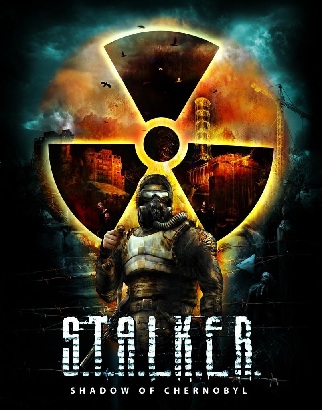 You might be thinking what games are actually based on novels? There’s quiet a few, games like The Witcher and the S.T.A.L.K.E.R. series are just a couple. It seems odd then that such a passive medium as literature should translate well into the one of the most interactive form of media available to us today. Before we go any further I should make it clear that I don’t believe such an adaptation ensures a quality products, there are loads of translations that have been less fun than being smacked in the privates but there are a few things video games do that other mediums can hardly compete with.
You might be thinking what games are actually based on novels? There’s quiet a few, games like The Witcher and the S.T.A.L.K.E.R. series are just a couple. It seems odd then that such a passive medium as literature should translate well into the one of the most interactive form of media available to us today. Before we go any further I should make it clear that I don’t believe such an adaptation ensures a quality products, there are loads of translations that have been less fun than being smacked in the privates but there are a few things video games do that other mediums can hardly compete with.
The first thing games have going for them is interaction. The fundamental premise of the game is that you must interact with the game world or you do not progress. Of course the same could be said about a book, if you don’t turn the page you don’t progress but let’s not be facetious. With video games you are personally put in charge of continuing the story, with also means the pacing is in your control as well. This interactivity typically makes the user relate more to the events being depicted, by controlling the character you are experiencing the things they are (in a sense). By allowing you to actively participate in the events of the book, it can create a closer relationship between you and the characters than passive reading. A fine example is Uncharted 2.
The series is known for both it’s globetrotting, always on the go action and it’s linearity, it can feel overwhelming at times. Yet Naughty Dog provide calm breaks that allow you to control the pace. In Uncharted 2, at one point you arrive in a mountain village in Tibet. If you want, you can run straight to the next objective to carry on the story, or you can take it slow and explore this village, appreciate the environment and the become more engrossed in the world. It’s this choice that sets video games apart. In film and in literature you watch or read what you are being told, you don’t have the choice to explore and find out more if you want it. This means videogames are a great way to expand upon an existing universe created in literature. It’s this that make games not only more streamlined, in that you can choose your level of interaction with the world, but more rewarding for those that go out of their way to learn more, and thus understand events on a deeper level. Bioware offer huge amounts of detail of their universes through extra dialogue or things like codex entries that are entirely option. Whether they then choose to crap all over that fiction is a matter for another debate…
Arguments suggest literature is superior to visual mediums for the depth of insight offered. Books are far better at dealing with introspection however. While games should in theory be better than film and television for this, due to the standardized view point of first or third person with minimal cutting, there are few cases of it being done particularly well. Games are far more analogous to books in that they are experiences extended over a series of hours with so a similar amount of time is spent experiencing that universe. This allows us to become more accustomed to the world, play a greater role in shaping it and spend more time with the characters. However, while the time we spend with these stories can be similar, the amount of content portrayed can differ greatly. Video games being visual means that all of the lines of a book spent describing an environment or clothing etc. can be absorbed in seconds. This is truer to the artistic vision of the creator as they is better able to show you the world they imagined, rather than your interpretation.
This is one of the major reason adaptations like this work so well. Take two examples: The Witcher and Metro 2033. Both are based on popular novels in which the tone and atmosphere of the world is paramount. A quick look through the Metacritic reviews for Metro turn up the phrases ‘heavy atmosphere’ and ‘dark tone’ over and over as the most interesting and important points of the game. This is where games excel, in the creation or realization of a universe. Through artistic design they can create environments not as coherently possible in other visual media. In film you can create a CG world but without a a CG character it’s hard to make it look right. In games where everything is CGI, it is understood and accepted so it doesn’t feel at odds. By existing in that world using the character as a proxy we become more immersed and can have a more intense experience because of it. Unless, there is something to take us out of that world – bad game design. Look at American McGee’s Alice. Taking a classic story, adapting the characters and world to create something new. It’s major criticism: Linearity.
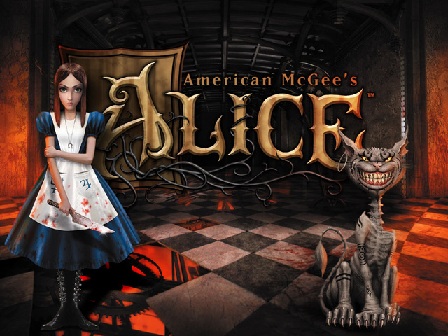 There seems to be one inherent, recurring issue in adaptations of literature to games and that is linearity. Games such as Enslaved: Odyssey to the West and Alice are praised for their artistic design and story but fall down in the game design department. That’s not to say the mechanics are always bad, but it seems to be a constant criticism of linearity or lack of innovation that plague these adaptations. In games we have become accustomed to choice. Whether it is a choice of what loadout you use, whether you kill or save someone or whether you interact with or ignore a certain faction, choice is increasingly apparent in video games of all genres. This is something relatively unique to video games (Do’ choose-your-own-adventure’ novels constitute a ‘game’?). When was the last time you read a book in which a hero had to recruit three factions, and you were offered the choice to read chapters A-C, D-F and G-I in whichever order you like as each set dealt with a different faction? I’ve certainly never heard of a book like that. In games, that’s what we’ve grown used to such as in Fallout: New Vegas where which factions you interact with completely changes the ending. Is that why we find it so hard to accept these games that hark back to an age in which you got the story you were told and that was that.
There seems to be one inherent, recurring issue in adaptations of literature to games and that is linearity. Games such as Enslaved: Odyssey to the West and Alice are praised for their artistic design and story but fall down in the game design department. That’s not to say the mechanics are always bad, but it seems to be a constant criticism of linearity or lack of innovation that plague these adaptations. In games we have become accustomed to choice. Whether it is a choice of what loadout you use, whether you kill or save someone or whether you interact with or ignore a certain faction, choice is increasingly apparent in video games of all genres. This is something relatively unique to video games (Do’ choose-your-own-adventure’ novels constitute a ‘game’?). When was the last time you read a book in which a hero had to recruit three factions, and you were offered the choice to read chapters A-C, D-F and G-I in whichever order you like as each set dealt with a different faction? I’ve certainly never heard of a book like that. In games, that’s what we’ve grown used to such as in Fallout: New Vegas where which factions you interact with completely changes the ending. Is that why we find it so hard to accept these games that hark back to an age in which you got the story you were told and that was that.
As the most recent example of such an adaptation, Spec Ops: The Line tells the story of Joseph Conrad’s Heart of Darkness (adapted as Apocalypse Now). Many critics have commented on how well it portrays the themes and tone of Conrad’s classic, praising it for it’s story and visuals. Their criticism is found in the lack of innovation and inconsistent gameplay, though commending it for ‘facilitating the narrative‘. Writing in games can often be hit or miss, so relying on an established story can provide support and allows the medium to evolve to cover more interesting stories than the typical affairs.
It seems what is great about literature can translate well into games, the story, characters and world. They are fundamentally different media though, and as such a direct adaptation can lead to a regression of gameplay the industry has seemingly evolved beyond. This isn’t always the case, you get standouts such as The Witcher and The Witcher 2 which take the best of the novels and combine them with entertaining and engaging game mechanics; this is what we need more of. There’s just my two cents on the matter though, what do you think? Are there any novels you wish you could play through?
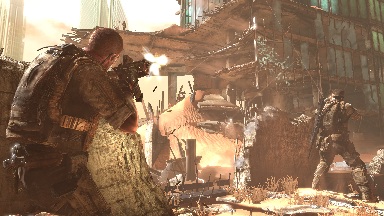

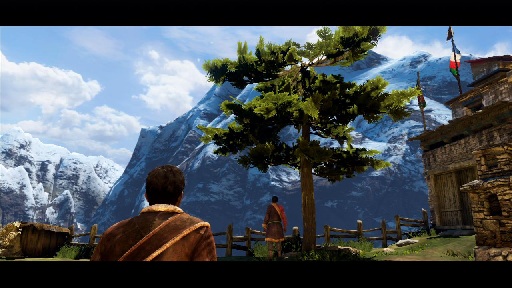
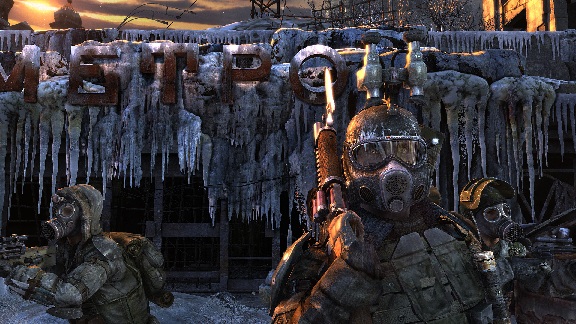
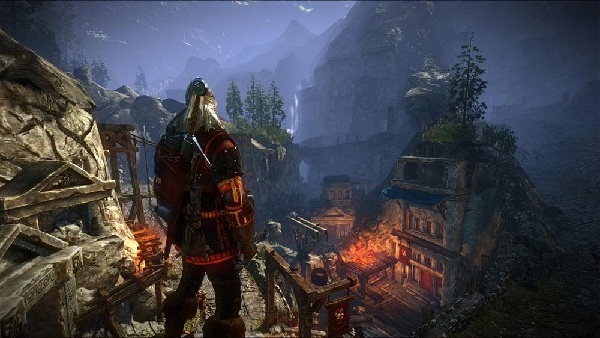
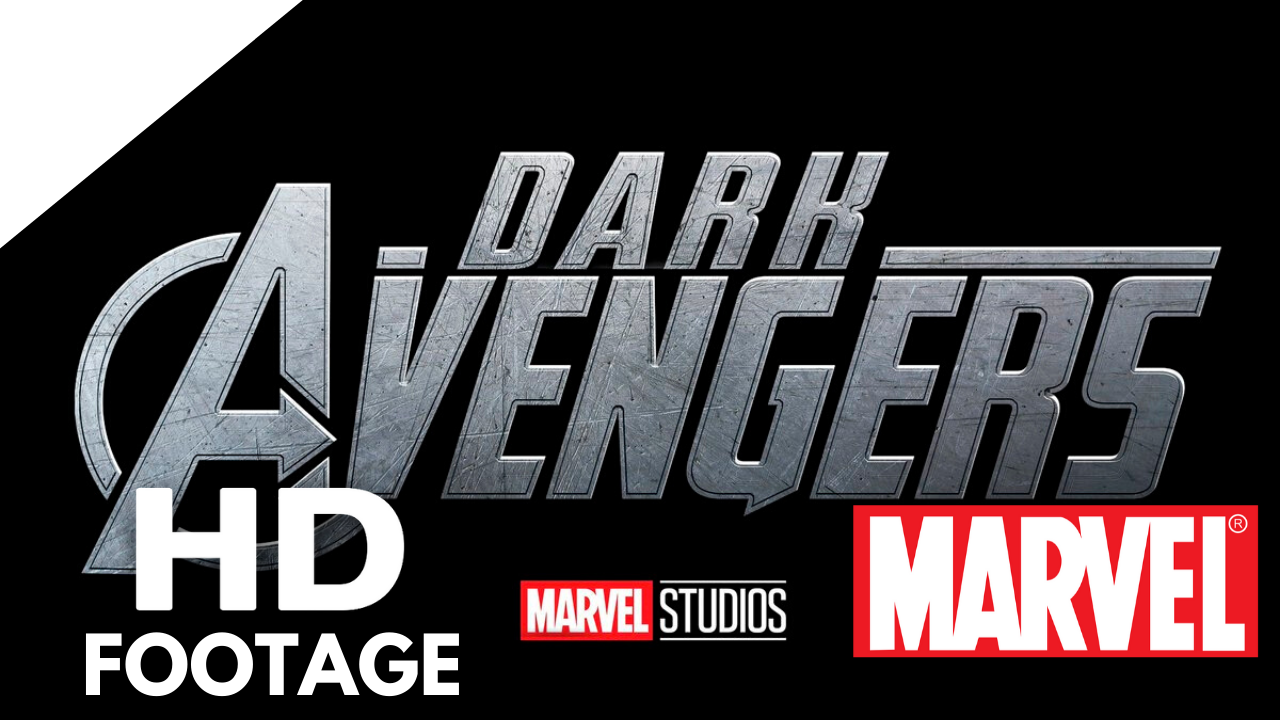
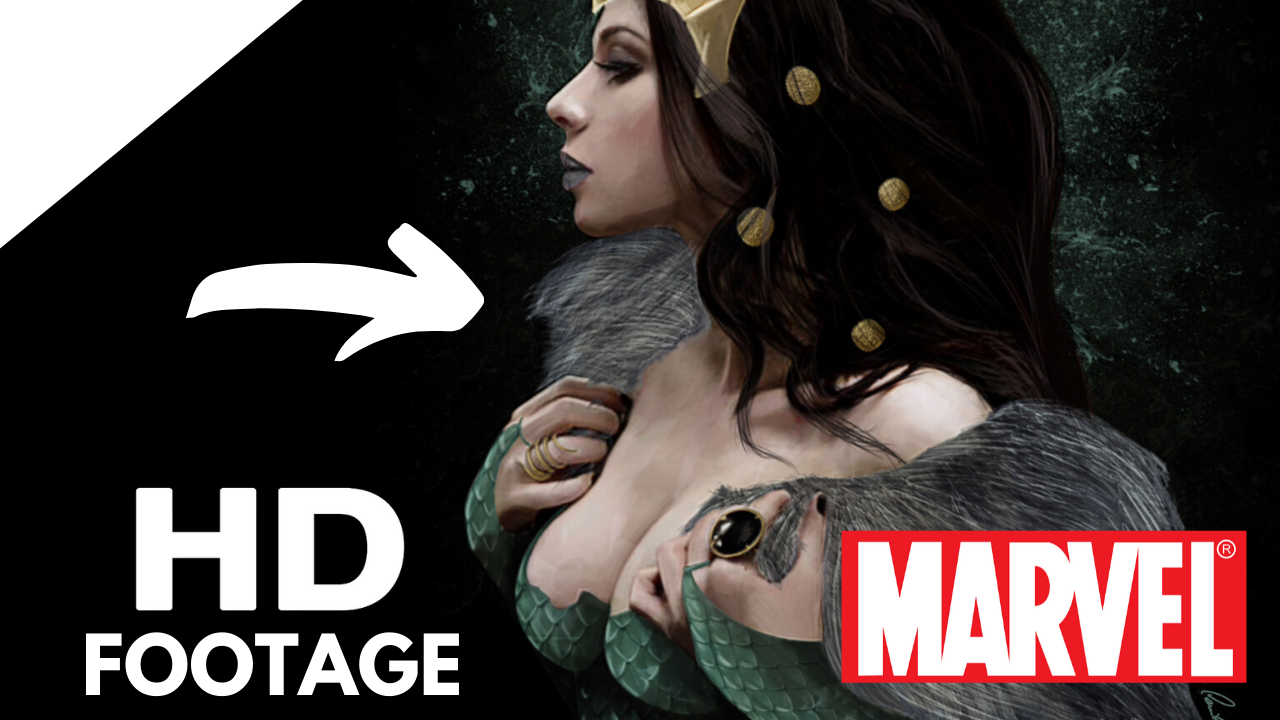

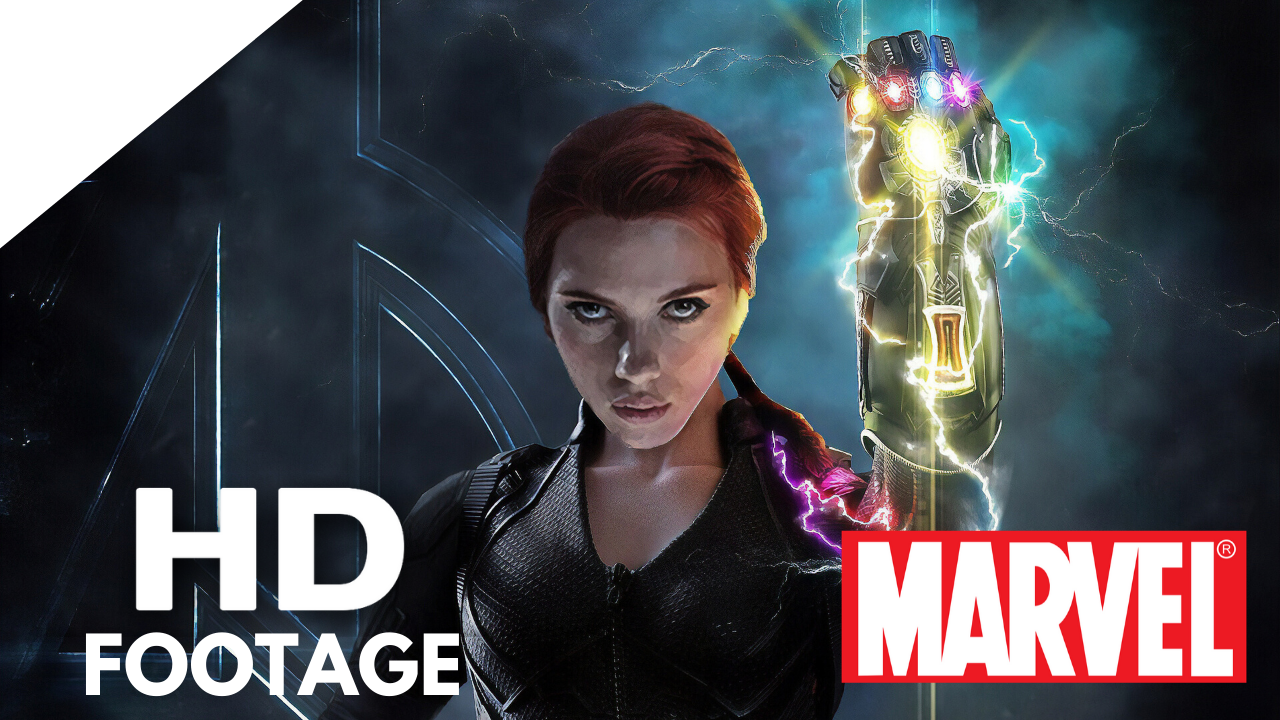
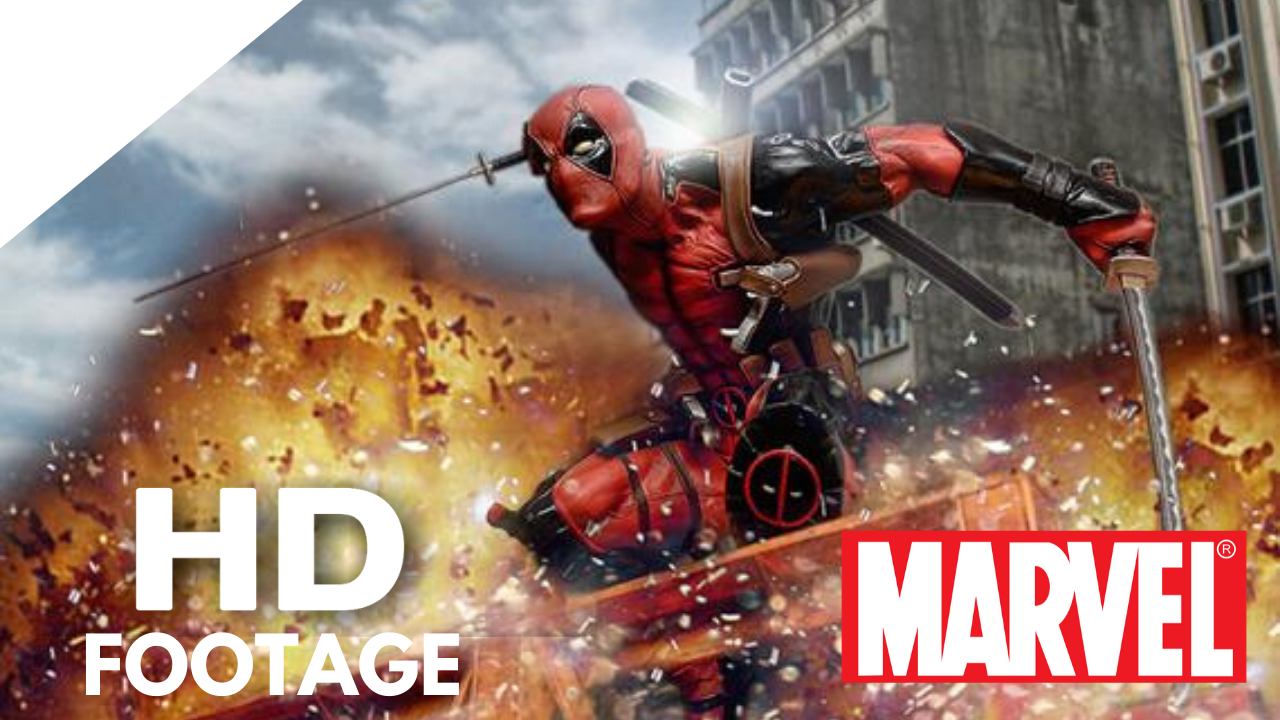
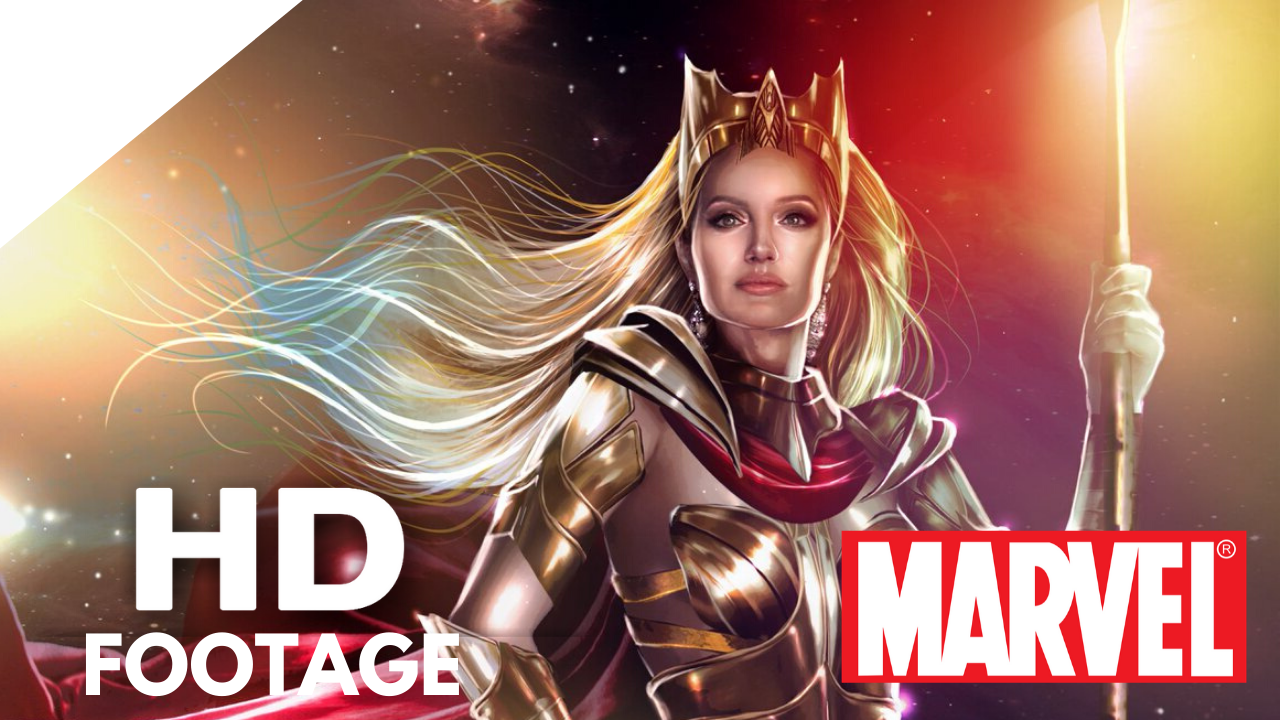
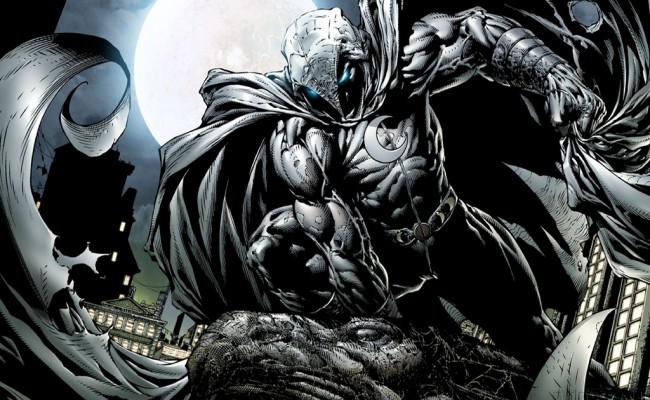
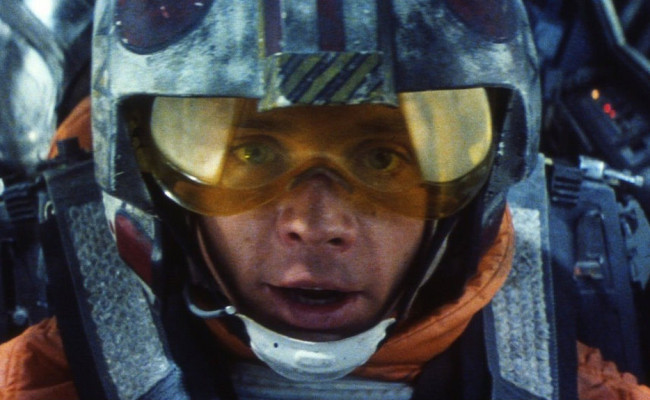
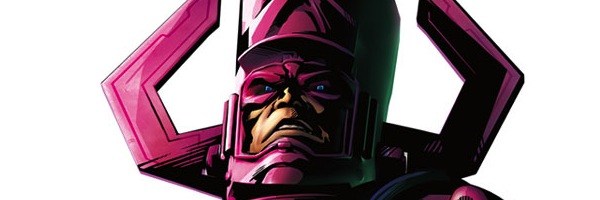
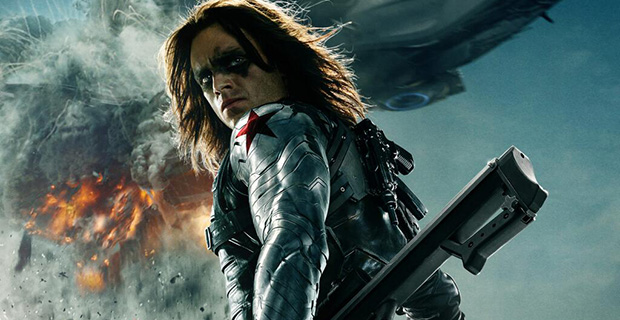
S#!T Talking Central